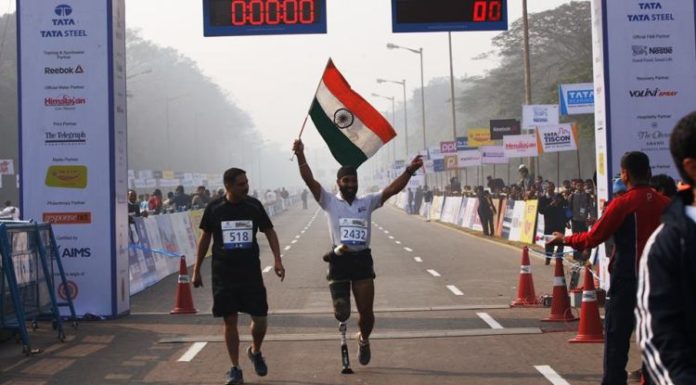As electoral battlegrounds are prepared all over the country, from Assam to Kerala, we are treated to the sight of netas of various political factions making a lot of noise. As always, it is a leap of faith. The voters in Kerala, for example, are being asked to accept as a politician (and hence, a custodian of public money), a cricketer who has been found guilty of match-fixing. In Tamil Nadu, absolute devotion to either of the two leaders who have run the state for the last forty years is the only qualification needed to hold office. In West Bengal, which once led India in intellectual thought, one form of thuggery has been replaced by another, and if the election has been only somewhat violent, we should consider it as a triumph for the Election Commission. Assam is a mystery as ever, but here too one sees an election fought along religious and caste divides rather than over issues of policy.

This is nothing new. The political leaders we have gifted ourselves – our netas – are a special kind of venal. This is not to say that Indian netas are unique. From Canada to Africa, corruption is ingrained in politics by its very nature. By giving an opportunity to make wealth from public money, being in government has been an open gateway to corruption. Yet, there are degrees of corruption, and when we speak about giving power to people, it should be noted that there are worse things a neta can be than having a tendency to skim a few rupees from the coffers.
Being stupid is one of them. A politician enjoys a position of power; a degree of control not just over public finances but also over public policy. The decisions they take affect our lives in many ways, from the food we eat to the entertainment we consume. A good man or woman, someone who is sincere and also intelligent, someone who is authoritative but open to criticism, is the best that a people can hope for. Unfortunately, Barack Obama is not interested in entering Indian politics. (Neither, with his middle name, Hussein, does he stand a chance of being elected.) Instead, we have politicians who are obsessed with the food on our plates, the clothes we wear (or disrobing those who wear clothes they don’t approve of), what we drink (prohibition gets the women’s vote – and the bootleggers) and indulging in rhetoric that promises the moon, while reality is more about craters.
So perhaps it is time to shed the silence and start asking some tough questions to the people who knock on our doors or pollute our ears with their words, spoken over loudspeakers, or pollute our televisions with their visages.
Here is a small ‘recommended list’ of questions to be asked to any Indian Political Leader
– Who are you and why do you want to represent me?
– What do you know about me and are you in sync with my world-view?
– What do you actually know about the constituency you are standing for?
– What is your education and how has it shaped you into becoming the leader you are today? If you lack a degree, that is fine, tell us about your life and how that has shaped you.
– Are you standing as a member of the Congress Party (or allies)? What is your stand on corruption? How will you take a principled stand against it? How do you justify your refusal to take a firm stand against the rising forces of intolerance?
– Are you standing as a member of the BJP (or allies)? What is your stand on religious freedom? How will you protect the rights of me, as your constituent, against the elements in your party that wish to take away my individual freedoms? How do you justify the dependence of your party on an unconstitutional, unelected body of ideologues?
– Are you standing as a member of a regional party that claims not to be affiliated with either of the above? What is your long-term plan? Do you have any specific agenda or is winning this seat and parlaying that into money your only ploy? How will you protect my rights against the attempts by the two large parties to take them away?
– Are you asking for my vote as a thinking individual or as a Upper-Caste-Hindu / Lower-Caste-Hindu / Dalit / Muslim / Jain / Sikh? If the former, do answer the above questions to my satisfaction. If the latter, you are at the wrong house.
I wonder we will actually ever get answers to these questions, but hey, asking them might just be the start we need.






























